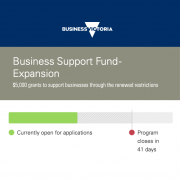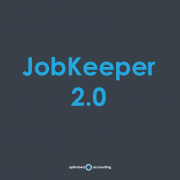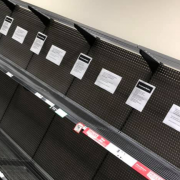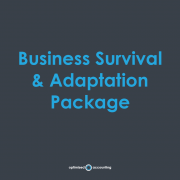The COVID-19 pandemic is raising some interesting questions for small business employers in relation to their Fringe Benefit Tax (FBT) liabilities.
With many employees working from home, common employee benefits are often not being supplied, while some employers are now providing protective equipment such as gloves and COVID-19 testing.
To complicate things there are new FBT exemptions on the horizon next year, so it’s important to ensure you know the rules when preparing your FBT return.
Workplace items used at home
If you have provided your employees with a laptop, portable printer or electronic device so they can work from home due to COVID-19, these items are exempt from FBT if they are primarily used for the employee’s work.
Where you allow your employee to use a monitor or keyboard normally used in the workplace, provide them with stationery or computer consumables, or pay for their phone and internet access, the minor benefits exemption applies. This covers minor, infrequent and irregular employee benefits of less than $300.
COVID-19 protective items
On the other hand, you may need to pay FBT on items given to employees to help protect them while at work, such as gloves, masks and anti-bacterial spray.
These benefits are exempt, however, if you provide them to employees who have physical contact or proximity to customers or who are involved in cleaning premises. If your employee’s specific duties are not covered by this rule, the $300 minor benefits exemption may still apply.
Emergency health care
There is a limited exemption from FBT if you provide emergency health care to employees affected by COVID-19. This only applies to health care treatment provided to an employee on your premises or adjacent to their worksite.
Flu vaccinations and COVID-19 tests
Reimbursing your employees for getting a flu vaccination is exempt from FBT, provided it is offered to all employees. The same applies to COVID-19 testing if it is available to all staff and is carried out by a qualified health professional.
FBT and car fringe benefits
Where employees have been garaging their work cars at home due to COVID-19 there can be FBT implications. Normally, a car fringe benefit arises if an employer makes a car available for private use by the employee, or if it is garaged at home.
During the pandemic, if a home garaged car is not being driven – or only for maintenance purposes – the ATO accepts a fringe benefit is not being provided. If you use the operating cost method and maintain appropriate records, there is nil taxable value for the car and no FBT liability.
Where you are not using the operating cost method or don’t have odometer records, an FBT liability will arise as it’s assumed the car is available for private use.
Logbooks and driving patterns
Where you use the operating cost method with an employee vehicle, during the pandemic you can rely on its existing logbook to make a reasonable estimate of the business kilometres travelled or choose to start a new logbook.
Accommodation, food and transport
FBT does not apply if you provide emergency accommodation, food and transport to an employee if they are at risk of being adversely affected by COVID-19 and the benefit provides emergency assistance.
This assistance can include costs relating to relocating an affected employee and food or accommodation provided due to travel restrictions or a requirement to self-isolate.
Temporary accommodation and meals provided to fly-in fly-out employees unable to return home due to COVID-19 restrictions are also exempt.
New SME exemption coming
You also need to keep in mind the rule change for the FBT year starting in April. The October Federal Budget included the announcement of a new FBT concession for businesses with an aggregate annual turnover between $10 and $50 million.
From 1 April 2021, if your business is eligible it will be exempt from the current 47 per cent fringe benefits tax on car parking and work-related portable electronic devices such as phones or laptops provided to employees.
Get more updates like this in your inbox
Sign up to our monthly newsletter to receive due dates, news, tax tips and other important things that we think are useful and interesting throughout the year.
This article is written by a third party.
